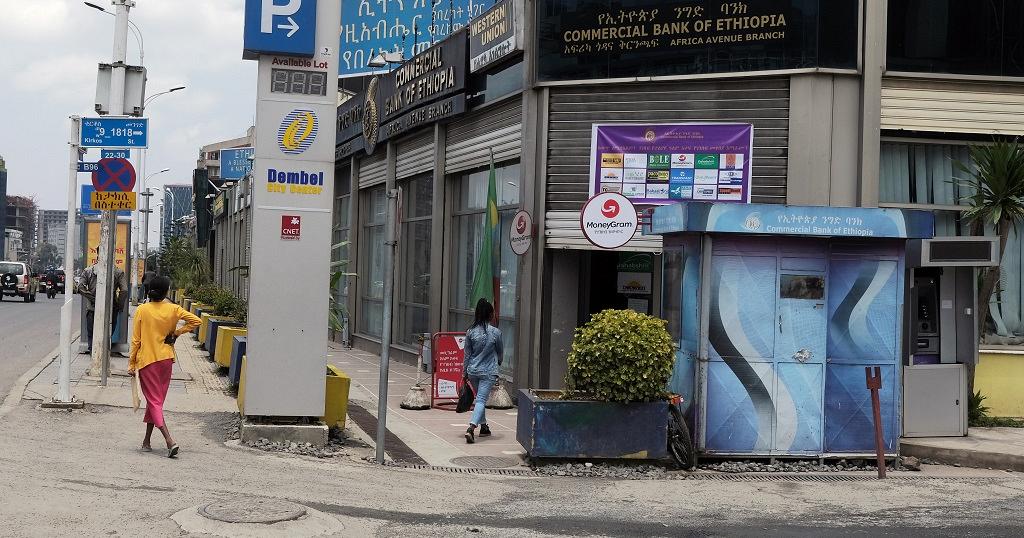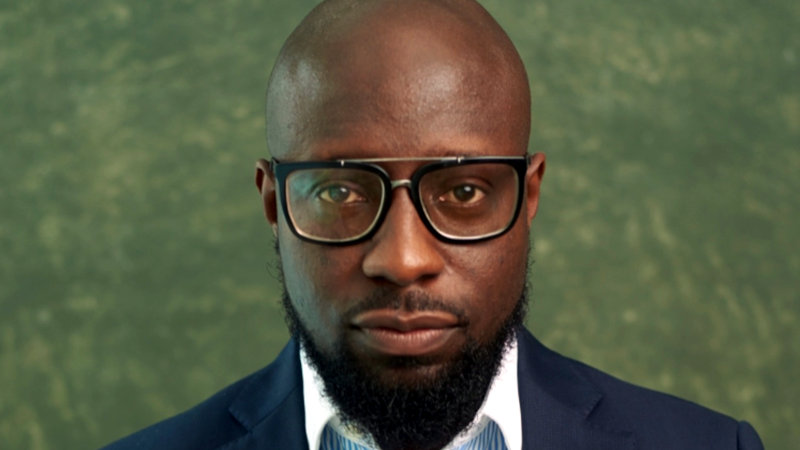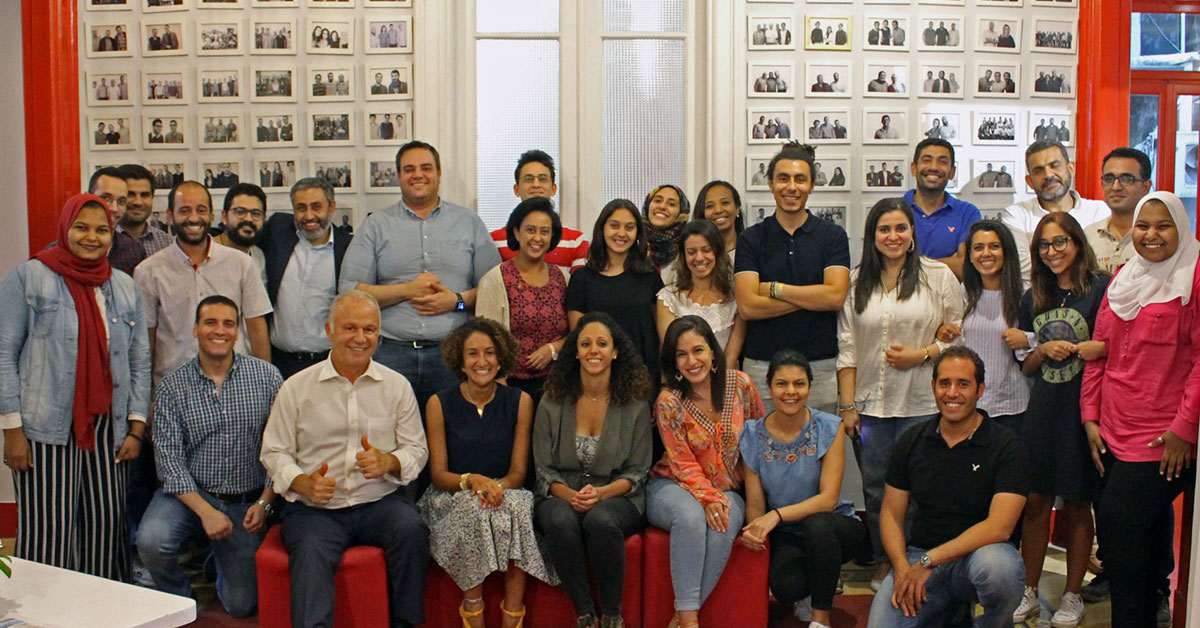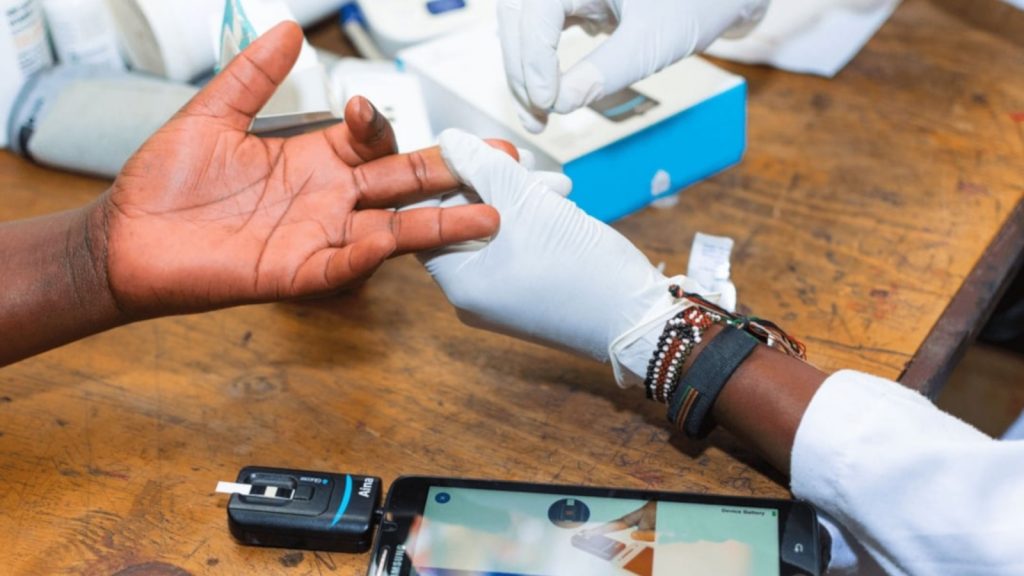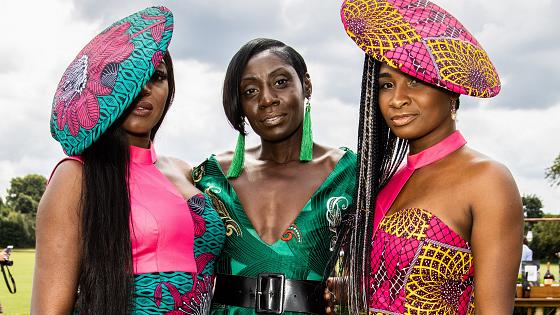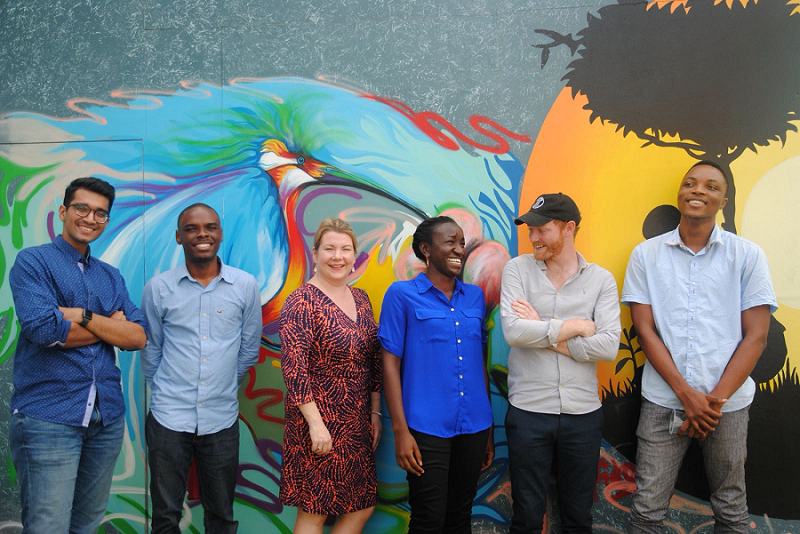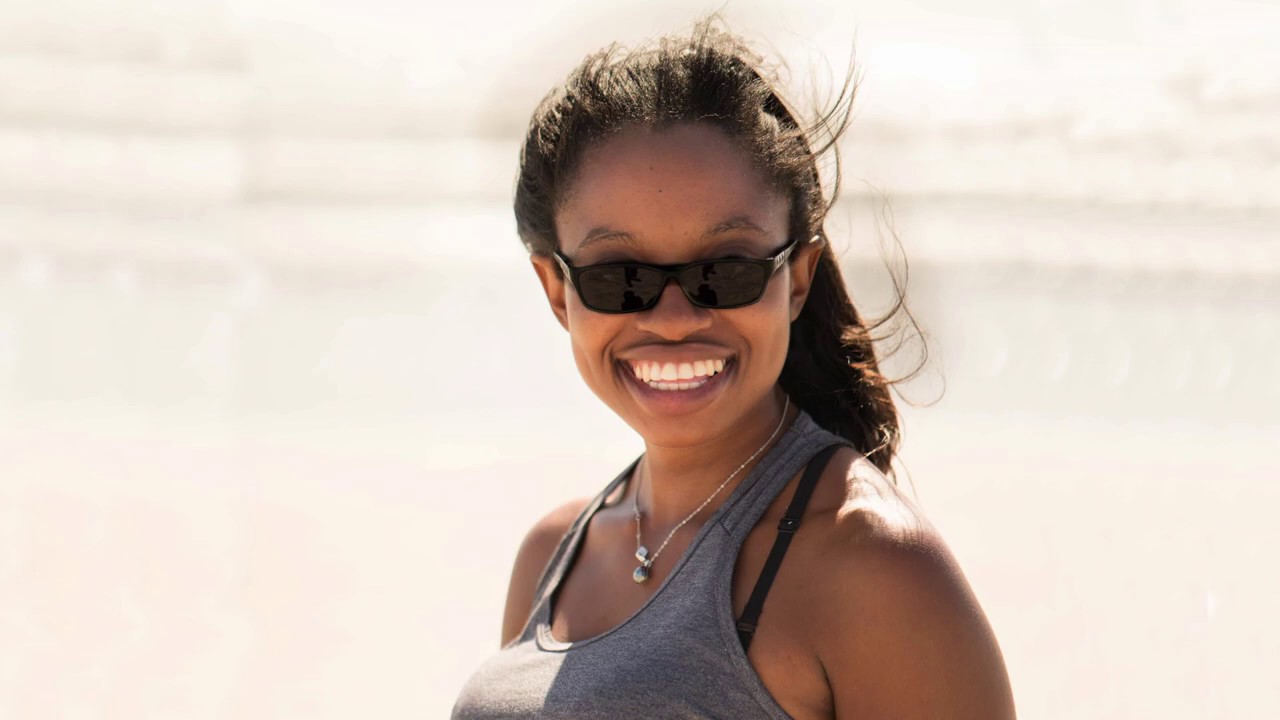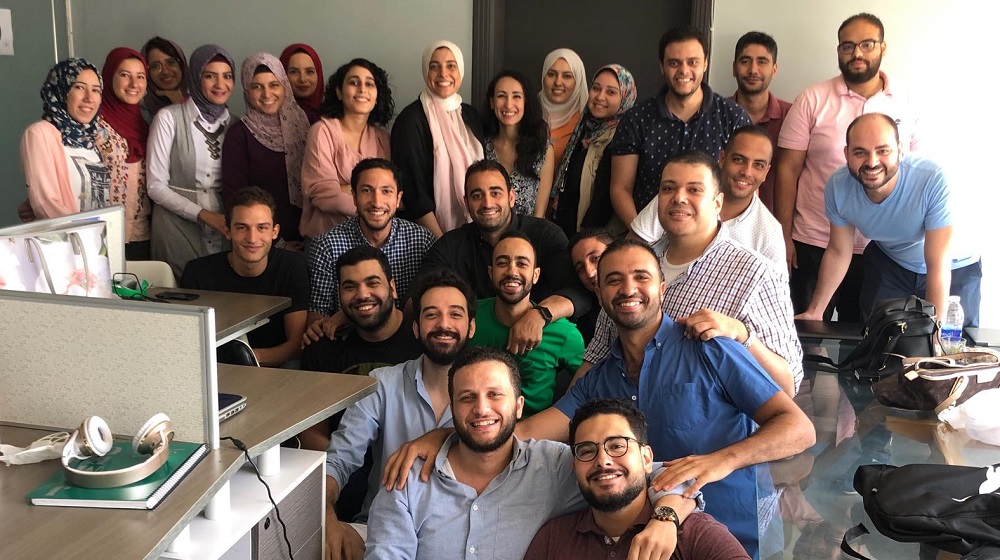Congo Republic Finds New Oil: Could Become Africa’s Largest Oil Producer
At a time oil is being exhausted all around the world, the Republic of Congo is just beginning to realise that it has more oil than it has ever imagined . A new oil discovery in the country could produce nearly 1 million barrels of oil per day, possibly quadrupling the nation’s output and propelling it into the same league as Africa’s largest producers, says SARPD-OIL, a company doing the exploration.

Here Is All You Need To Know
- Currently, Congo ’s oil output stands at about 350,000 barrels per day.
- However, production from a new field, developed by SARPD-OIL in la Cuvette region, could dwarf that, said the company’s marketing director Mohamed Rahmani.
- SARPD estimates the field holds 1 billion cubic metres of hydrocarbons, including 359 million barrels of oil, with a potential for daily output of 983,000 barrels, Rahmani said.
- That, the company reckons, could bring in $10.5 billion a year into Congo, doubling the Central African country’s GDP.
- Production, which will be ramped up in phases, could begin in six months.
- If it reaches expected levels, Congo’s production would be close to Nigeria, which produces about 1.8 million barrels a day, and Angola, at around 1.4 million.

Currently, Congo Republic’s debt stands at 114% of its GDP but the International Monetary Fund is helping to cut it down. Alone, about 1.6 trillion CFA francs ($2.7 billion) is owed to China according to a February 2018 report by the French Embassy in Congo, which cited the Finance Ministry.

Many observers see Congo as a test case for the IMF.
A number of African countries facing unsustainable debt resulting from commercial borrowing, a boom in Eurobond issues and years of Chinese lending on the continent are expected to turn to the IMF for help in the coming years.
In 2017, public debt as a percent of GDP in sub-Saharan Africa was 45.9 percent relative to the 117 percent external debt-to-GNI ratio of 1995.
Read Also: Congo Republic’s Debt Is 114% of Its GDP But IMF Has Just Approved A Major Bailout
This is even bound to grow more because sovereign debt financing is inevitable given that African countries budgetary resources are insufficient to finance their vast development agenda.
A government spokesman did not immediately comment on the discovery.
Charles Rapulu Udoh

Charles Rapulu Udoh is a Lagos-based Lawyer with special focus on Business Law, Intellectual Property Rights, Entertainment and Technology Law. He is also an award-winning writer. Working for notable organizations so far has exposed him to some of industry best practices in business, finance strategies, law, dispute resolution, and data analytics both in Nigeria and across the world.

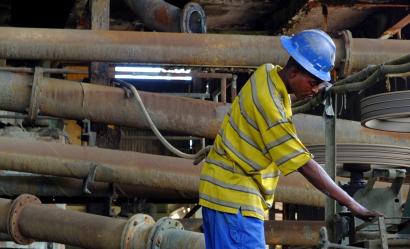
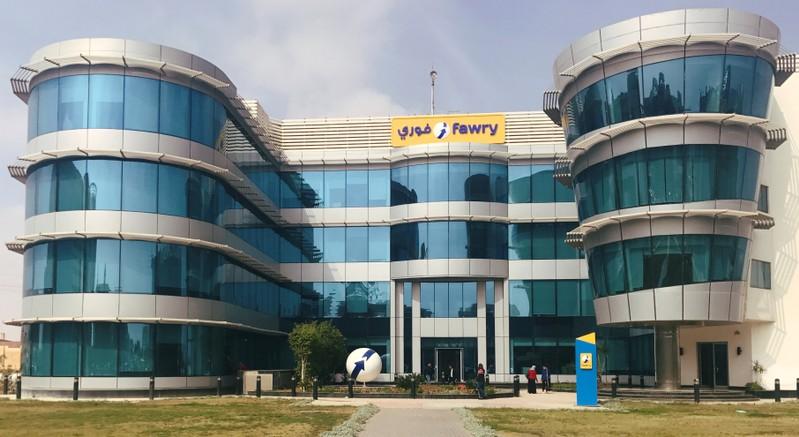



 Charles Rapulu Udoh is a Lagos-based Lawyer with special focus on Business Law, Intellectual Property Rights, Entertainment and Technology Law. He is also an award-winning writer. Working for notable organizations so far has exposed him to some of industry best practices in business, finance strategies, law, dispute resolution, and data analytics both in Nigeria and across the world.
Charles Rapulu Udoh is a Lagos-based Lawyer with special focus on Business Law, Intellectual Property Rights, Entertainment and Technology Law. He is also an award-winning writer. Working for notable organizations so far has exposed him to some of industry best practices in business, finance strategies, law, dispute resolution, and data analytics both in Nigeria and across the world.